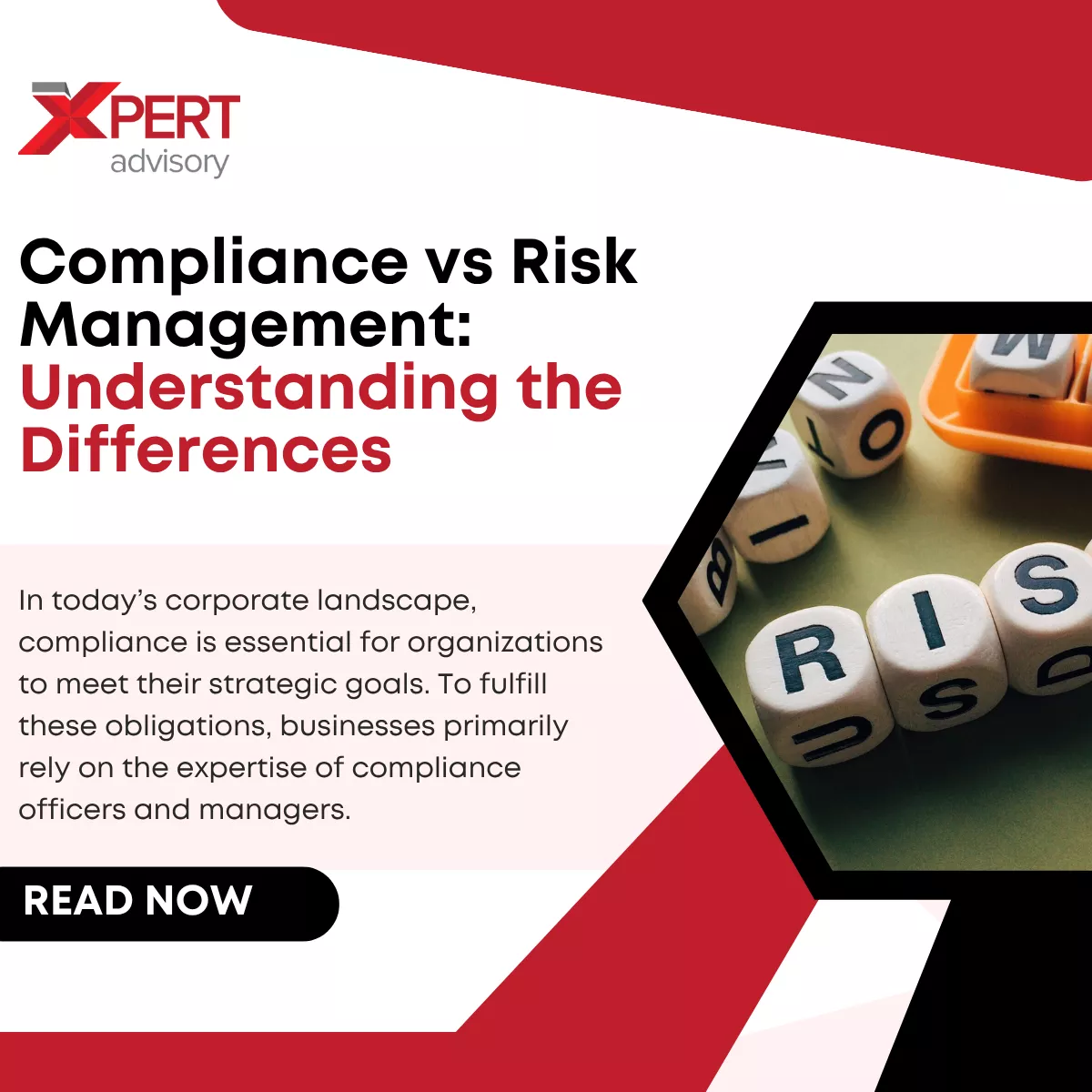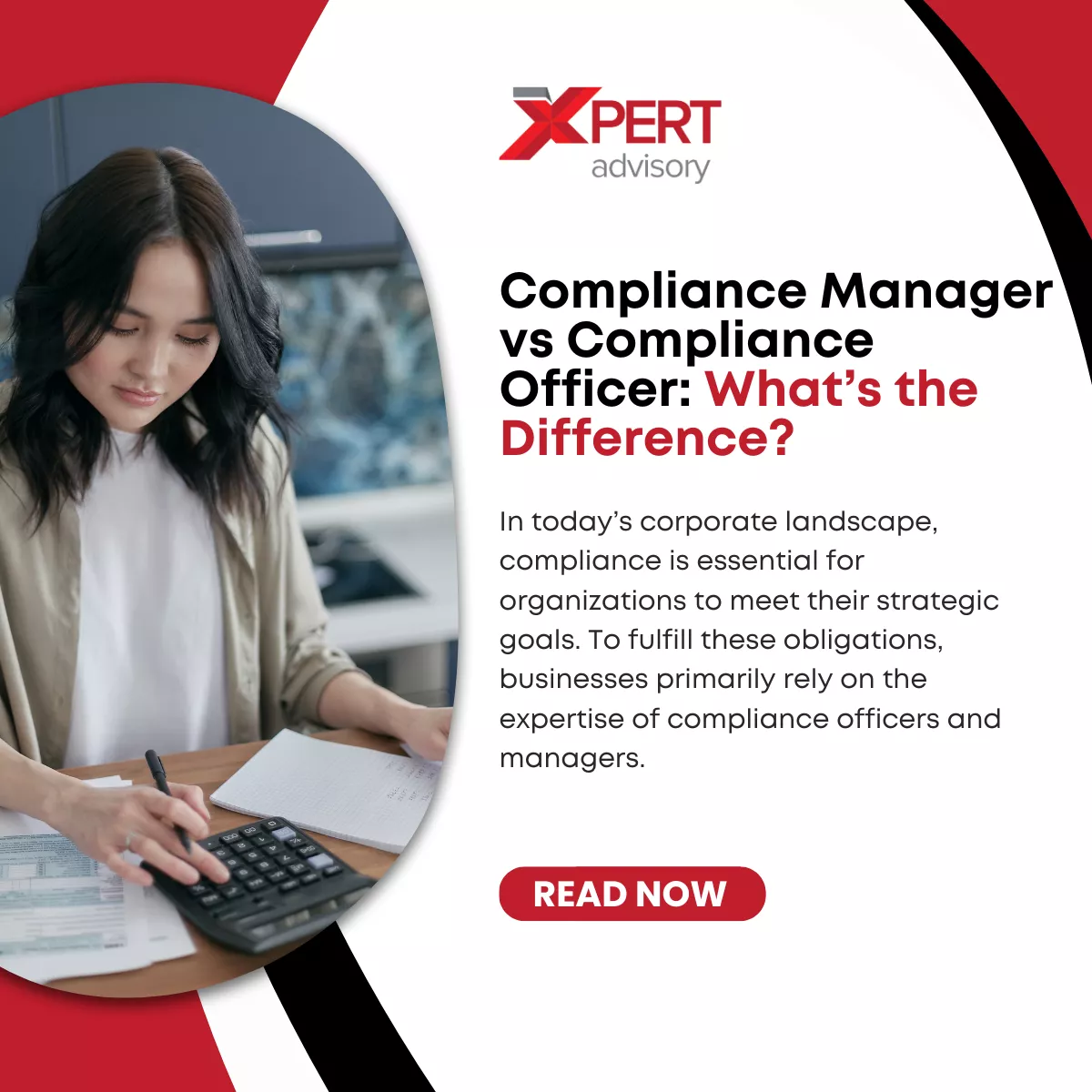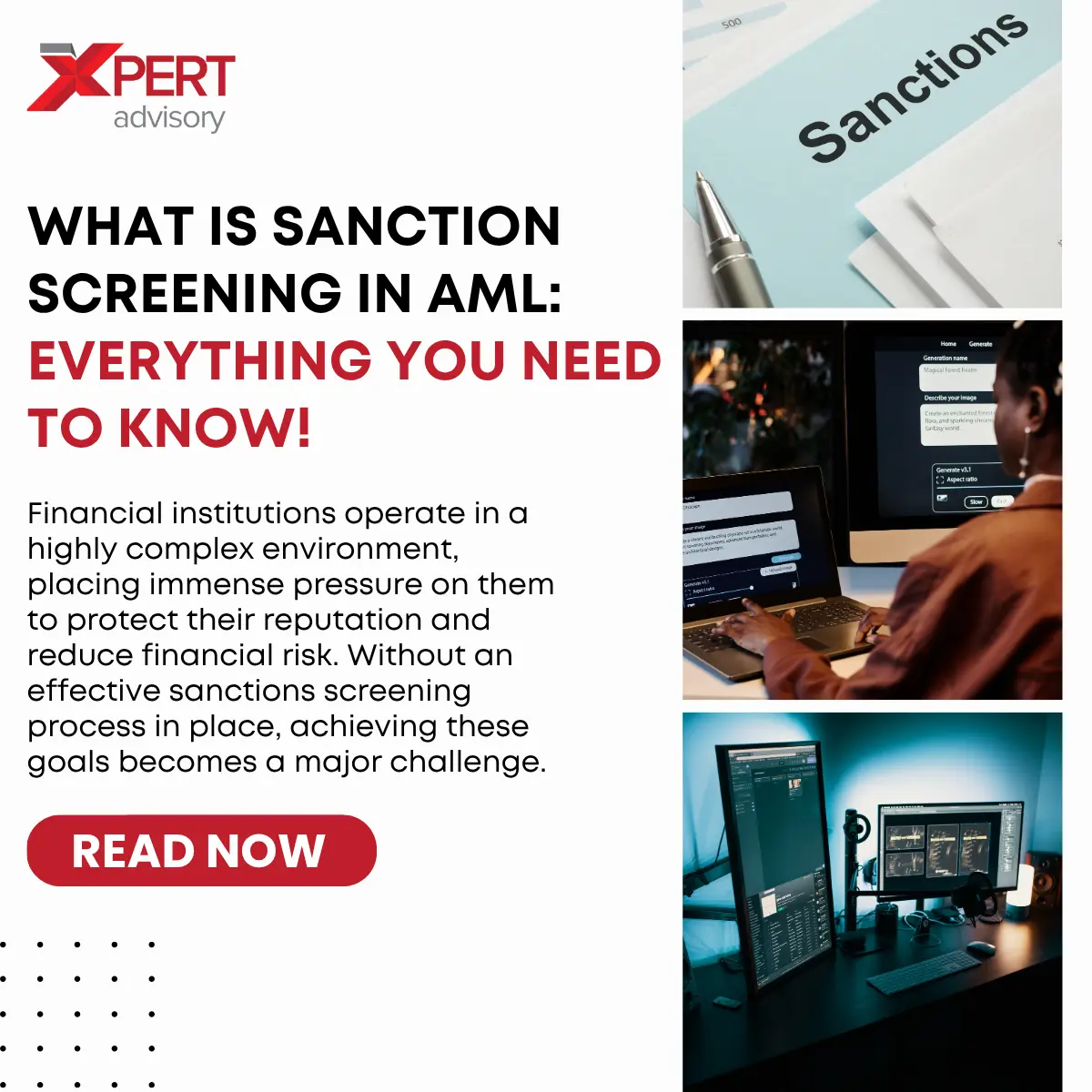The United Arab Emirates has enforced robust policies to combat money laundering, reinforcing its commitment to safeguarding the global financial system. Due to its expanding financial business landscape the country requires strong adherence to both international money-laundering regulations and transparency standards. Combating money laundering provides dual benefits to businesses because it defends their operations and builds stronger international trust in the UAE as a transparent financial center. Discover how to prevent money laundering in the UAE and contribute to a more secure and compliant financial ecosystem.
What is Money Laundering?
The act of making illegal funds appear as lawful income constitutes money laundering. All banking or financial transactions that attempt to hide criminal funds by processing illegal money through legal channels to create fabricated legal sources for illegitimate investment purposes are considered money laundering. Money laundering features three main phases which include placement, layering and integration. The three primary stages of money laundering include:
- Placement: The introduction of criminal money to financial systems occurs with cash contrivances or fabricated invoices and manipulated investments.
- Layering: The process of transferring money through complex financial transactions to make it difficult to detect the original source.
- Integration: The process involves the reintroduction of laundered money into the economy as legitimate assets or business transactions.
Money laundering acts as an accelerator of criminal activities which includes fraud that also supports drug trafficking activities along with financing terrorism. Businesses together with financial institutions need to deploy robust anti-money laundering measures to identify and stop illegal money transactions.
Why is it Important to Combat Money Laundering?
Money laundering is a serious problem that affects businesses of all sizes, from small family-owned businesses to multinational corporations, no one is immune. Here’s why combating it is crucial:
- Protects Financial Integrity: It prevents the misuse of financial activities by employing robust safeguards against illegal transactions.
- Enhances Business Reputation: The implementation of AML regulations leads companies to acquire superior market trust which enhances their reputation.
- Prevents Crime and Corruption: Money laundering serves as a leading cause of illegal activities which are often linked to crime, fraud and corruption.
- Strengthens Regulatory Compliance: UAE can prevent regulatory penalties along with financial sanctions by ensuring compliance with international regulations.
- Supports Economic Stability: Sustainable economic growth becomes possible when a country maintains a financially clean environment which draws investors to invest and establish stability.
Top Ways to Prevent Money Laundering
Here are the top way to detect and prevent money laundering risks by uncovering attempts to disguise illicit funds and enforcing strong legislation:
Establish Comprehensive AML Policies
The company needs to create and implement strong Anti-Money Laundering (AML) policies and procedures that follow Federal Decree-Law No. (20) of 2018. All Money Laundering policies must include systematized procedures for the identification, reporting and prevention of illicit financial activities. The organization should appoint specialised compliance officers who will ensure adherence to AML regulations.
Implement Rigorous Know Your Customer (KYC) Procedures

Verify customer identities through detailed document verification and background screening. The financial institution needs to execute additional vigilance procedures on clients who qualify as politically exposed persons (PEPs) or operate in high-risk jurisdictions. Customer information needs regular updates to detect and reduce possible risks.
Utilize Advanced Transaction Monitoring Systems
Use advanced AML software to track operational transactions in real-time, detecting suspicious patterns indicative of money laundering. All transactions requiring attention need to be reported through Suspicious Activity Reports (SARs) to relevant authorities. Update and calibrate monitoring systems regularly to adapt to evolving emerging money laundering tactics.
Enhance Transparency in Financial Transactions
Every financial institution must disclose customer details and source of funds to prevent anonymity in financial transactions. The competent authorities should implement stringent identity verification standards particularly directed toward cryptocurrency exchanges and online payment methods to stop illegal transactions. To confirm proper adherence to transparency standards, audit procedures need to be performed regularly.
Conduct Enhanced Due Diligence for Politically Exposed Persons (PEPs)
Conduct enhanced due diligence measures that focus on politically exposed persons (PEPs). A thorough examination of PEPs through authentication processes should take place to detect and minimize the financial misconduct they represent. Organizations need to screen clients through global sanctions lists as a routine process to detect high-risk individuals or entities. The organization should track PEP transactions while keeping records marked with the latest information to detect illegal activities for further investigations.
Provide Continuous Anti-Money Laundering Training
Organize periodic training programs that build employee proficiency in understanding AML requirements plus identification skills and reporting protocols. The company should implement workshops alongside e-learning modules as well as certification programs which will improve staff understanding about AML risks and best compliance solutions. The organization should nurture compliance and caution throughout all operations
Maintain Detailed Record-Keeping Systems
All customer records along with business transactions and investigative research data should remain safe and accessible for at least five years. Implement digital record-keeping programs to automate operations and ensure compliance with AML regulations. Audit-wise verification of record completeness along with accuracy should take place on a regular basis.
Collaborate with Regulatory and Law Enforcement Agencies
The company should build powerful alliances with regulatory bodies and financial authorities and law enforcement agencies to boost their ability to detect and stop money laundering. Both organizations should share information about suspicious behavior as well as report it, to protect collective financial security. Industry members should participate in industry forums and working groups to access critical information about new threats and regulatory adjustments.
Leverage Artificial Intelligence and Machine Learning

AML operations should adopt AI-driven analytics for advanced detection of intricate money laundering patterns while simultaneously decreasing invalid positive outcomes. Software algorithms evaluate extensive data collections to discover suspicious patterns which demonstrate characteristics of illegal operations. Regularly updating AI models must recognize emerging money laundering methods.
Conduct Regular Independent Audits and Compliance Reviews
External parties should conduct routine exams to confirm AML procedures work properly while meeting benchmarks from international standards. The assessments enable the detection of compliance gaps in addition to speeding up the implementation of control measures. The AML framework should get continuous reinforcement through the implementation of audit recommendations.
Adopt a Risk-Based Approach to AML Compliance
A risk assessment should assess specific threats to the organization and control systems need to be developed according to their evaluated impact scale. The organization must allocate its resources according to identified risk levels by directing them to vulnerable areas. The assessment process should be updated frequently to understand new business threats and industry developments.
Integrate Specialized Anti-Money Laundering Software Solutions
A financial institution should use contemporary AML software featuring machine learning abilities for complete oversight on transactions and quick detection of suspect behavior. AML software automated functions eliminate human errors and provide instant detection capability for money laundering activities. Update the software regularly to receive the newest regulatory rules and threat intelligence.
Xpert Advisory can help you detect and prevent money laundering through effective risk assessments, transaction monitoring, and compliance enforcement.
Initiatives to Combat Money Laundering in the UAE
The United Arab Emirates has dedicated itself to fighting crimes of money laundering and terrorism financing through both policy and operational measures. Through its governance framework the country screens financial criminal activity at home and blocks transactions of criminal proceeds when moving through or destined for UAE territory. The UAE works with global bodies through its participation in the Financial Action Task Force (FATF) to completely adopt their terrorism funding and money laundering standards.
- 2000: The National Anti-Money Laundering and Combating Financing of Terrorism and Financing of Illegal Organisations Committee (NAMLCFTC) formed in 2000 to supervise policies and increase coordination nationwide.
- 2018: The UAE conducted its inaugural national risk assessment regarding money laundering and terrorist financing operations in 2018.
- 2018: The nation issued Federal Decree-Law No. (20) of 2018 on Money Laundering and Combating the Financing of Terrorism which strengthened the existing legal structure.
- 2019: The Financial Action Task Force (FATF) reviewed the UAE anti-money laundering framework to find existing limitations.
- 2020: The United Arab Emirates established the National Strategy on Anti-Money Laundering and Countering Financing of Terrorism which contained 12 distinct strategic goals.
Benefits of Combating Money Laundering

Understanding how to prevent money laundering and implementing it correctly brings numerous benefits and safeguards institutions from financial crimes. Here are the major benefits of combating money laundering:
- Strengthens the UAE’s Global Reputation: AML regulations protect the UAE’s reputation globally by establishing itself as a trustworthy financial institution.
- Reduces Financial and Legal Risks: Businesses which adhere to Anti-Money Laundering laws stay protected from costly penalties as well as legal action and reputational damage.
- Promotes a Secure Business Environment: Businesses operating in the UAE benefit from standardized financial practices which create a secure environment that draws real investors and companies to the nation.
- Supports Economic Growth: The UAE benefits from economic development because its clean financial system enables foreign investments which create a stable national economy.
- Enhances National Security: The prevention of money laundering through security measures protects the country from terrorist finance operations as well as several other criminal ventures.
Conclusion
The responsibility to stop money laundering rests between business operations and financial institutions in partnership with government authorities. The United Arab Emirates can preserve the security of its financial system against criminal activity with effective AML procedures in combination with regulatory enforcement and state-of-the-art technological solutions. Organizations need ongoing attention and proactive purpose to protect UAE’s business climate of security and transparency. The ongoing evolution of regulations demands business entities to transform their AML strategies because this will keep them compliant and support a safer financial system
Stay Ahead of Money Laundering Today with Xpert Advisory! Our comprehensive AML compliance, due diligence, and regulatory solutions ensure your business remains secure and fully compliant. Contact us today and let our expertise safeguard your financial future with confidence.
FAQs
Why is money laundering prevention important?
Money laundering prevention methods prohibit criminals from using shell companies and fake bank accounts to fund illicit operations such as human trafficking, ensuring financial integrity and security and allowing authorities to take action and respond diligently.
How to prevent money laundering in banking activities?
Banks must implement currency transaction monitoring as well as track suspicious bank accounts through robust AML suite systems to help financial authorities detect financial crimes more effectively.






